Wisconsin is one of only 22 states that have no government organizations or agencies that establish optician training, certification, and licensing requirements. These states tend to let optical employers determine their own expectations for the opticians they hire. The lack of formal requirements in these states has led to a wide variety of experience and skill sets among opticians in unregulated states. Most employers will elect to train new opticians by having experienced opticians teach them the skills they will need.
The exact tasks that an employer deems important for an optician to learn varies depending on the size and scope of the business. Large optical companies tend to focus a lot on operational efficiency and they may only train opticians to perform a few basic tasks. Small optical companies including independent optometry offices and ophthalmology clinics tend to focus more on medical eye care and may elect to have their opticians perform a wide variety of tasks. These small operations commonly encourage opticians to pursue voluntary certification through the American Board of Opticianry (ABO) and the National Contact Lens Examiners (NCLE). They may even offer to pay the fees associated with the exams and reimburse for any study materials that need to be purchased.
All opticians, regardless of where they work, should seriously consider seeking certification. There are a few benefits associated with being certified that make it an appealing investment. First, optical employers will typically pay certified opticians more money. They do this because they know that credentialed opticians require less training and support. They also understand that many customers prefer to work with opticians who have demonstrated that they meet national standards for competence. In addition, credentials can be used as a marketing advantage over competitors in an effort to attract and retain new customers. Certified opticians are an important asset to an optical business and usually receive preference in the hiring process.
 Another important benefit associated with certification is the ability to transfer credentials between regulated and unregulated states. Opticians who decide to move at some point in their career will find that certification opens the door to more job opportunities. Most states allow certified opticians to be licensed through reciprocity. Opticians who have not been certified may find that they will be required to return to school, work as an apprentice, or complete the ABO and NCLE exams before they can be licensed.
Another important benefit associated with certification is the ability to transfer credentials between regulated and unregulated states. Opticians who decide to move at some point in their career will find that certification opens the door to more job opportunities. Most states allow certified opticians to be licensed through reciprocity. Opticians who have not been certified may find that they will be required to return to school, work as an apprentice, or complete the ABO and NCLE exams before they can be licensed.

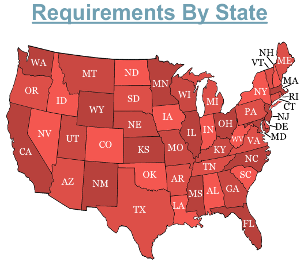

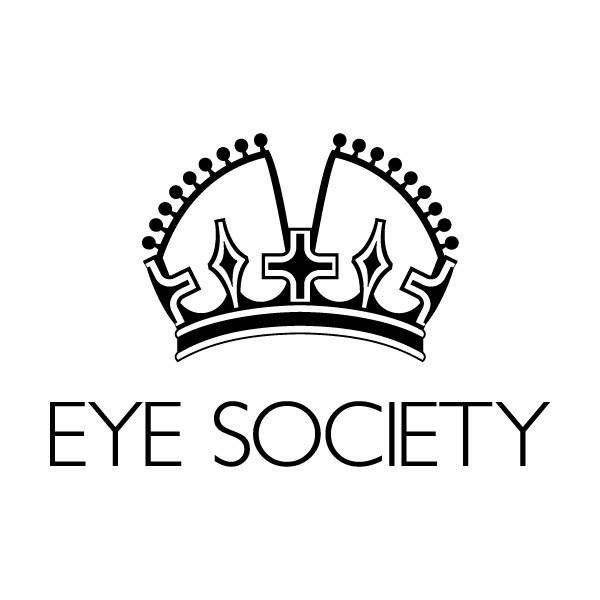


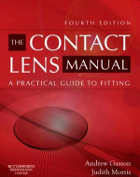
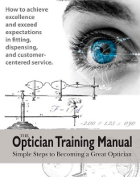

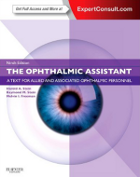
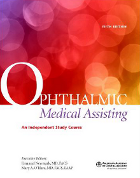
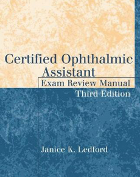
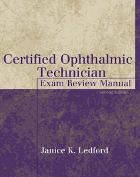
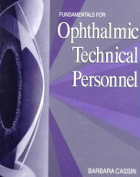

I am planning to open a small dispensary in WI soon and would like to know if there are any state licenses required to do so. I am ABO Certified. I can’t seem to find any definite direction on this matter and don’t want to break any laws of course! Thanks for your assistance.
Debbie
Debbie,
Wisconsin does not have laws requiring opticians to become licensed in order to offer services to the public. As far as we know, there are no laws that would prevent you from opening a dispensary, but we highly recommend that you contact the Department of Safety and Professional Services in order to let them know about your intentions and to find out if there are any special steps that will need to be taken in order to establish the business.
If I am ABO certified in the state of Illinois, can I transfer my certification to another state? Or do I need to get certified again in the state of Wisconsin? What is the difference between ABO certification in the state of Illinois vs ABO certification in the state of Wisconsin? Thank you.
Katy,
ABO Certification is recognized by employers in both regulated and unregulated states. If a state requires opticians to become licensed they do often offer licensing through reciprocity for individuals who have been licensed in other states and who meet other specific requirements. Some states use ABO Certification as a condition of licensure while others do not. Wisconsin has no licensing laws and you should have no problem practicing as an optician there.